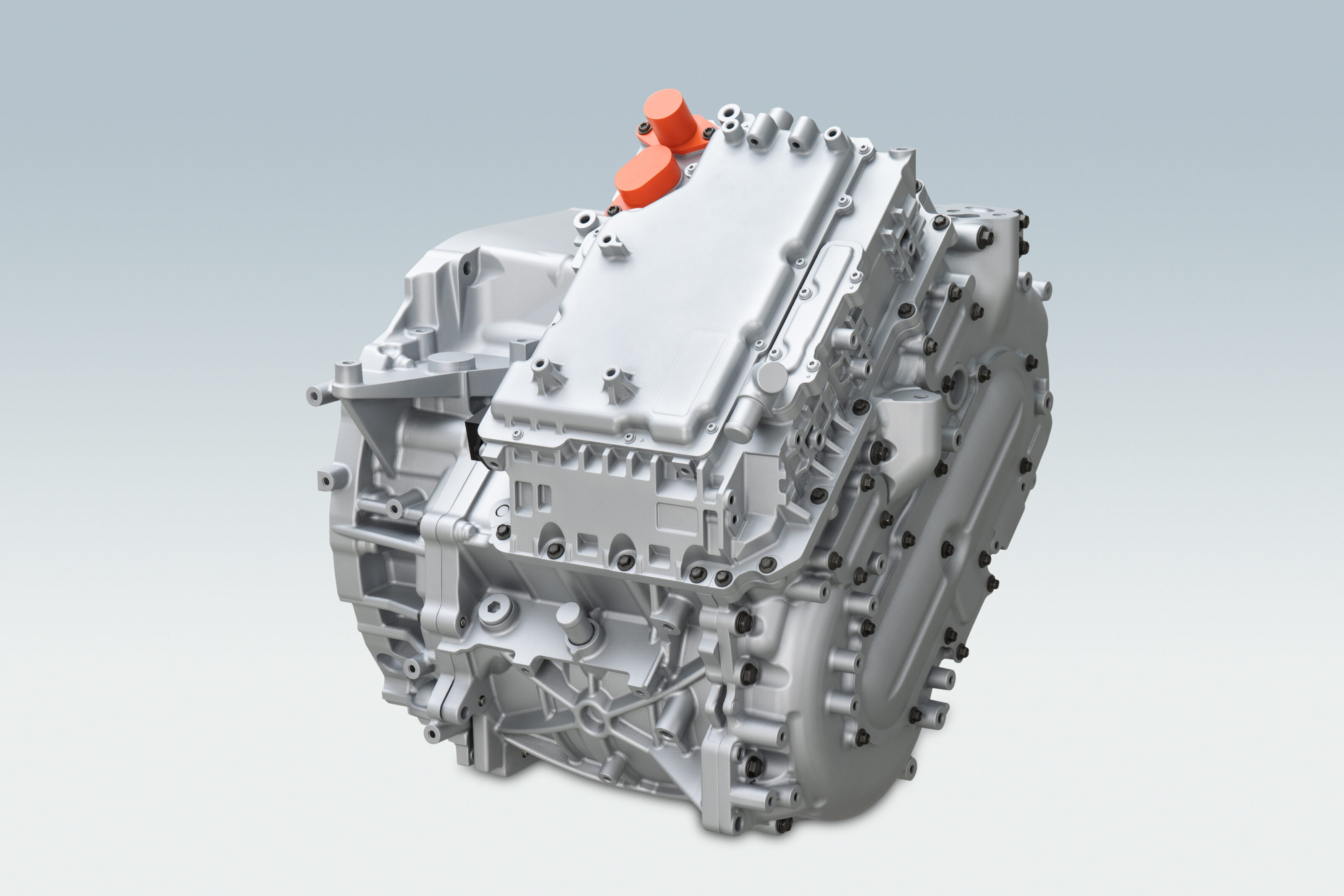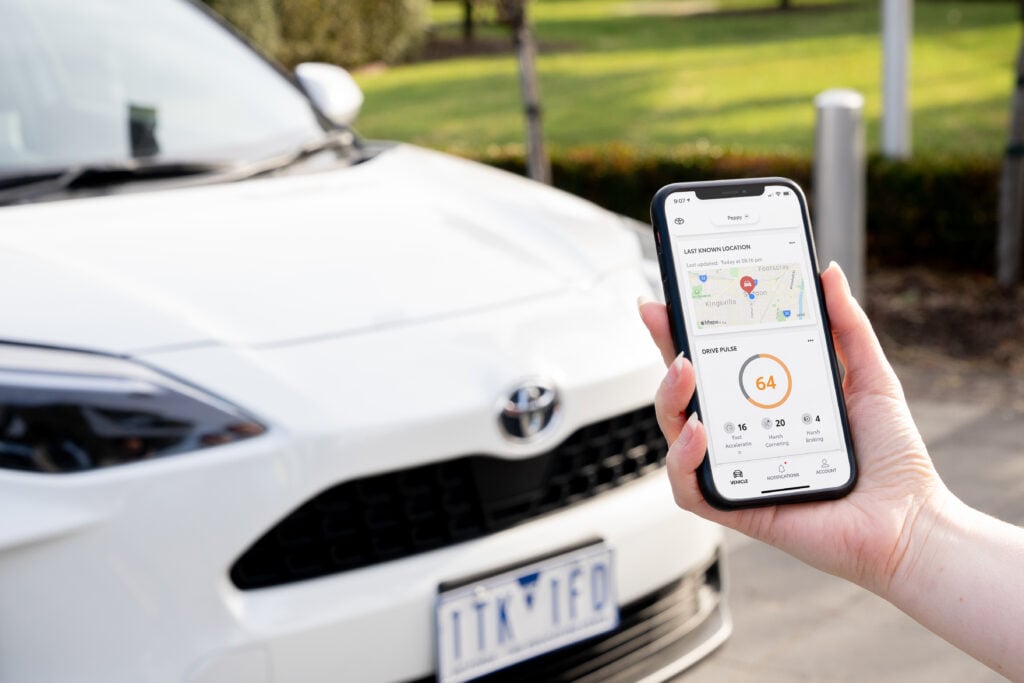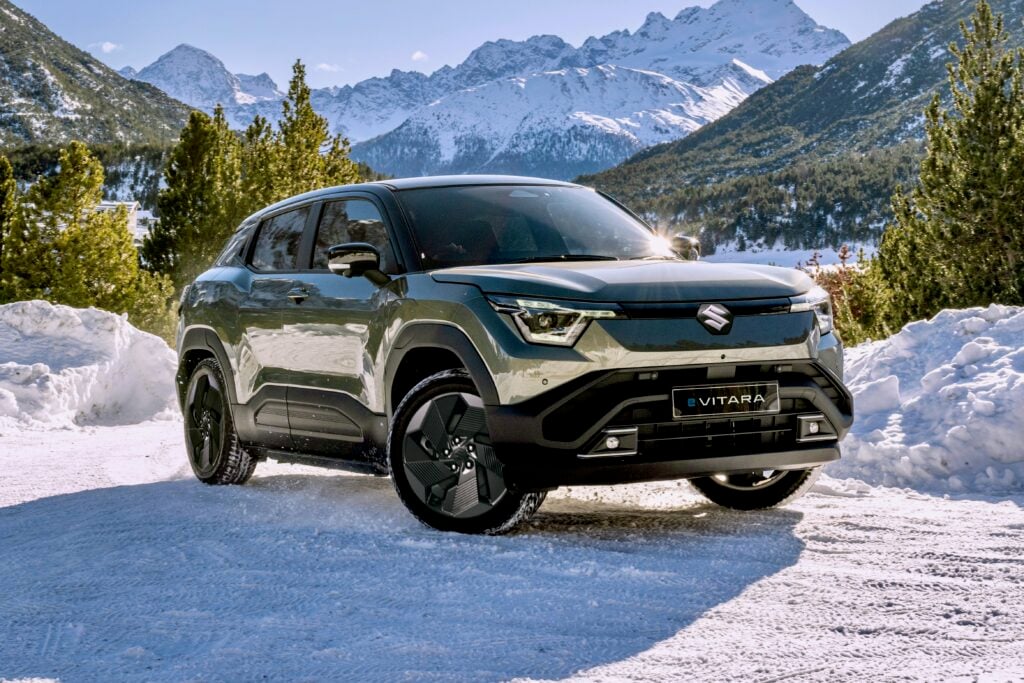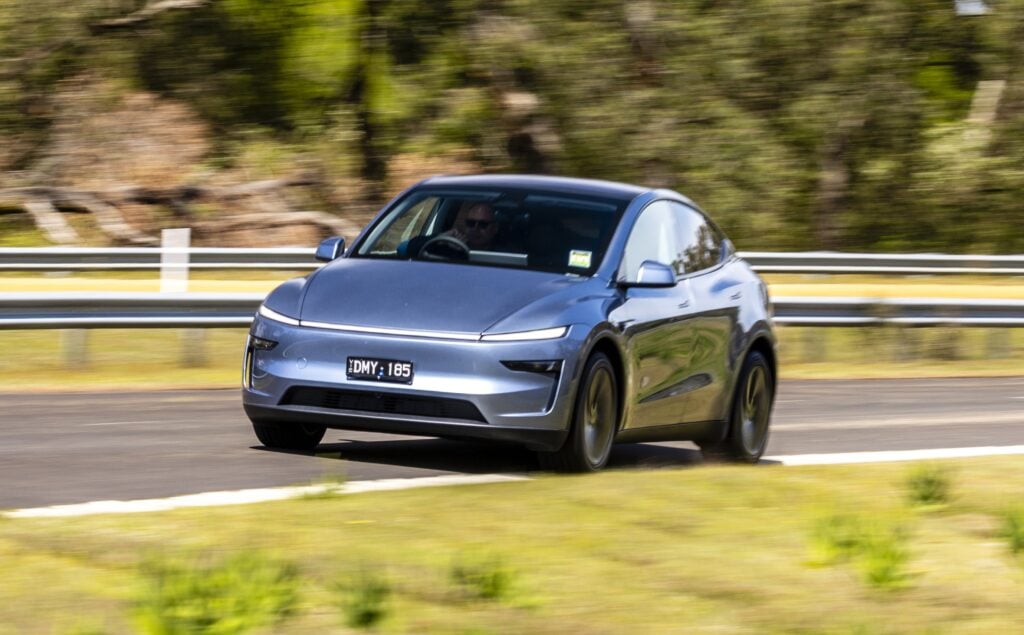Nissan has announced development and manufacturing costs for its electrified components will drop by 30 per cent by 2026.
The cost savings will be achieved through a revised approach – ‘X-in-1’ – to share key powertrain components between its all-electric and E-Power series-hybrid vehicles.
This will include newly-designed electric motors, with the debut of a ‘3-in-1’ prototype for electric vehicles that modularises the motor, inverter and reducer into one package.
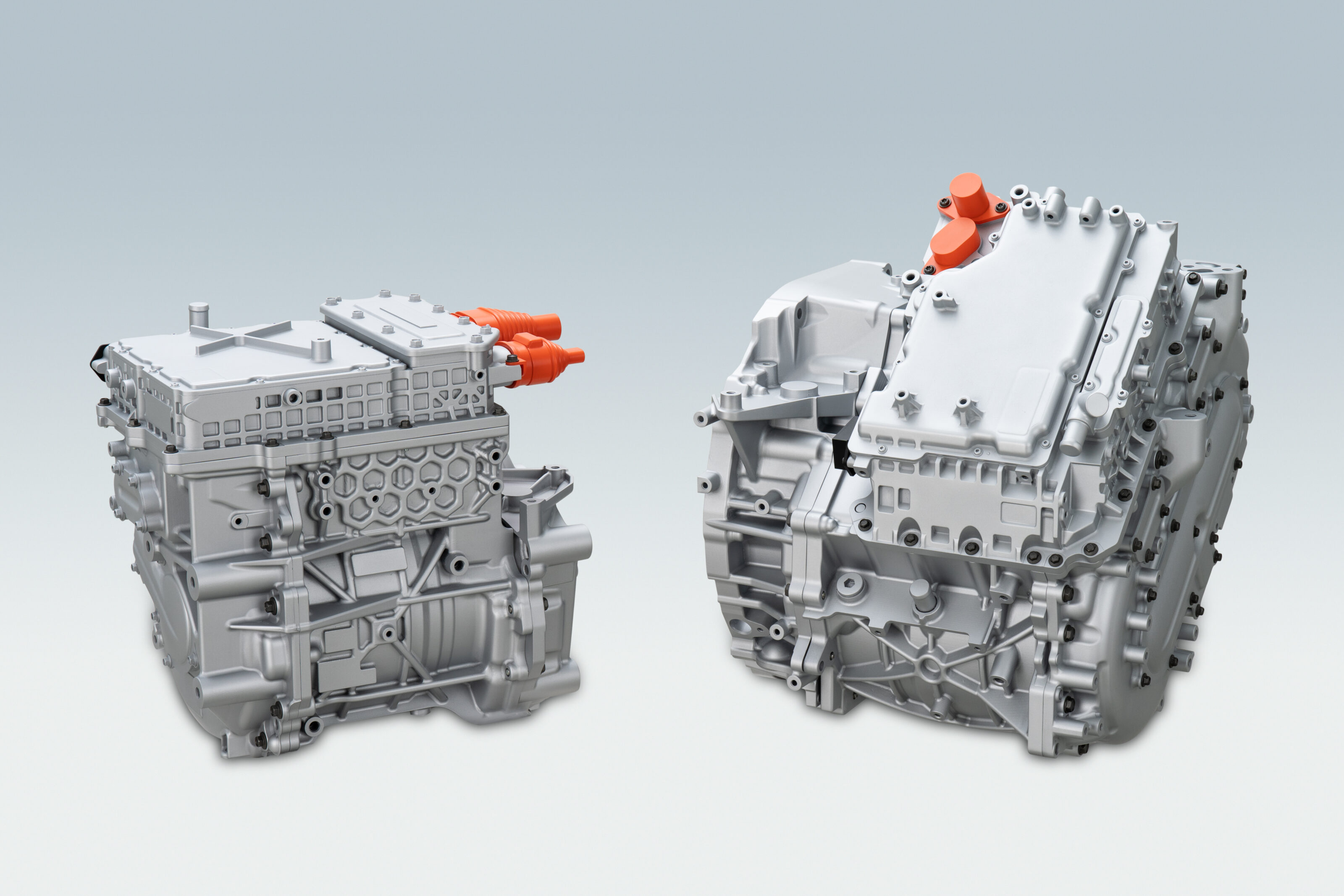
It has developed a ‘5-in-1’ electric motor for hybrid vehicles, which also combines the generator and increaser. It is said to reduce size and weight, allowing for performance improvements, as well as reduced noise and vibration levels.
Nissan claims this will allow electric and hybrid components to be manufactured on the same production line, allowing for a 30 per cent cost decrease compared to 2019 pricing.
The newly-developed motor will reduce the use of “heavy rare earth elements to one per cent or less by weight,” while the Japanese brand claims its E-Power hybrids will provide an improved EV-like driving experience.
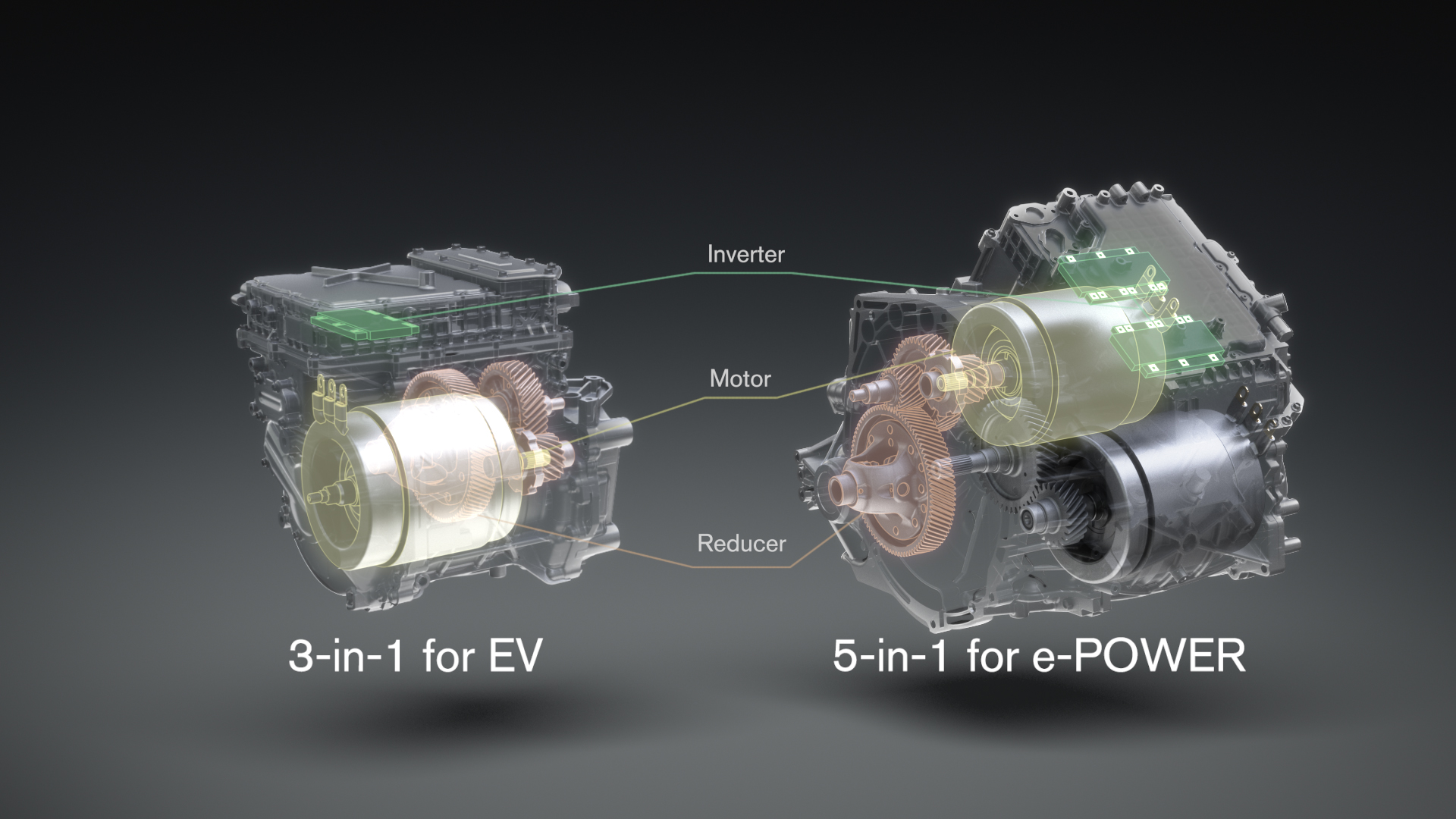
Nissan aims for E-Power hybrid vehicles to reach price parity with internal combustion variants “by around 2026.”
Currently, a Nissan X-Trail E-Power costs $4200 more than an equivalent petrol AWD variant, while a Toyota RAV4 Hybrid costs around $2100 extra.
“We make the most of our expertise and know-how from our more-than-a-decade long development and production of electrified technologies,” said Nissan’s senior vice president for powertrain and EV engineering, Toshihiro Hirai.
“Through our innovations in electrified powertrain development, we’ll continue to create new value for customers and deliver 100 per cent motor-driven vehicles – EVs and E-Power – as widely as possible.”
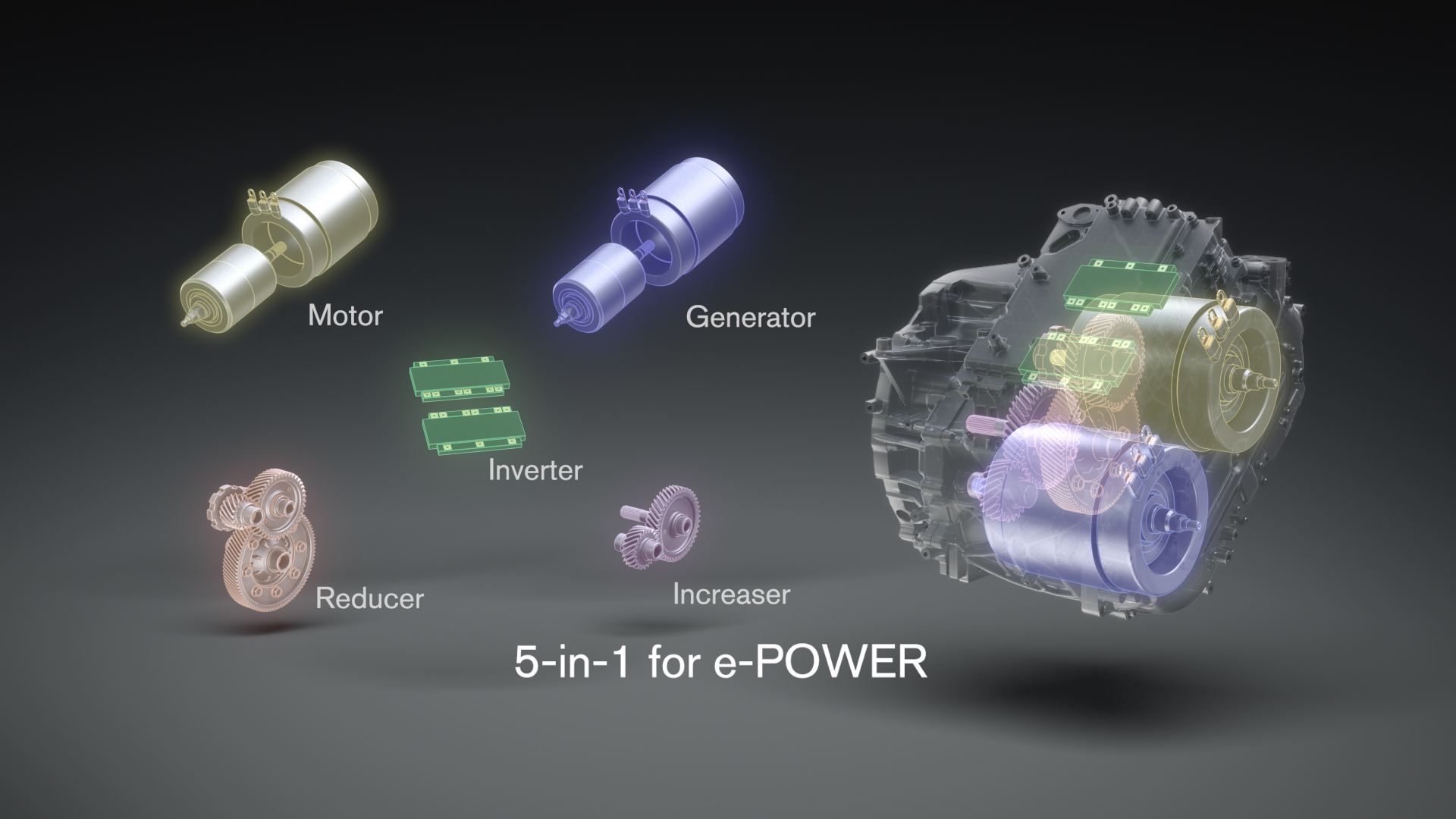
“These improvements will ensure greater commonality between our [battery-electric vehicle] and E-Power [hybrid] model offerings and deliver significant cost savings, helping further accelerate mass consumer adoption of electrified vehicles,” said Nissan Australia.
Last week, Nissan announced it would accelerate its electric vehicle plans in response to increased customer demand, with four more EVs due by 2030.
With more than half of its sales expected to be made up of electrified vehicles by the end of the decade, Nissan claims it will retail 27 – split between 19 all-electric models and eight hybrids – up from the previous goal of 23, including 15 battery-powered EVs.
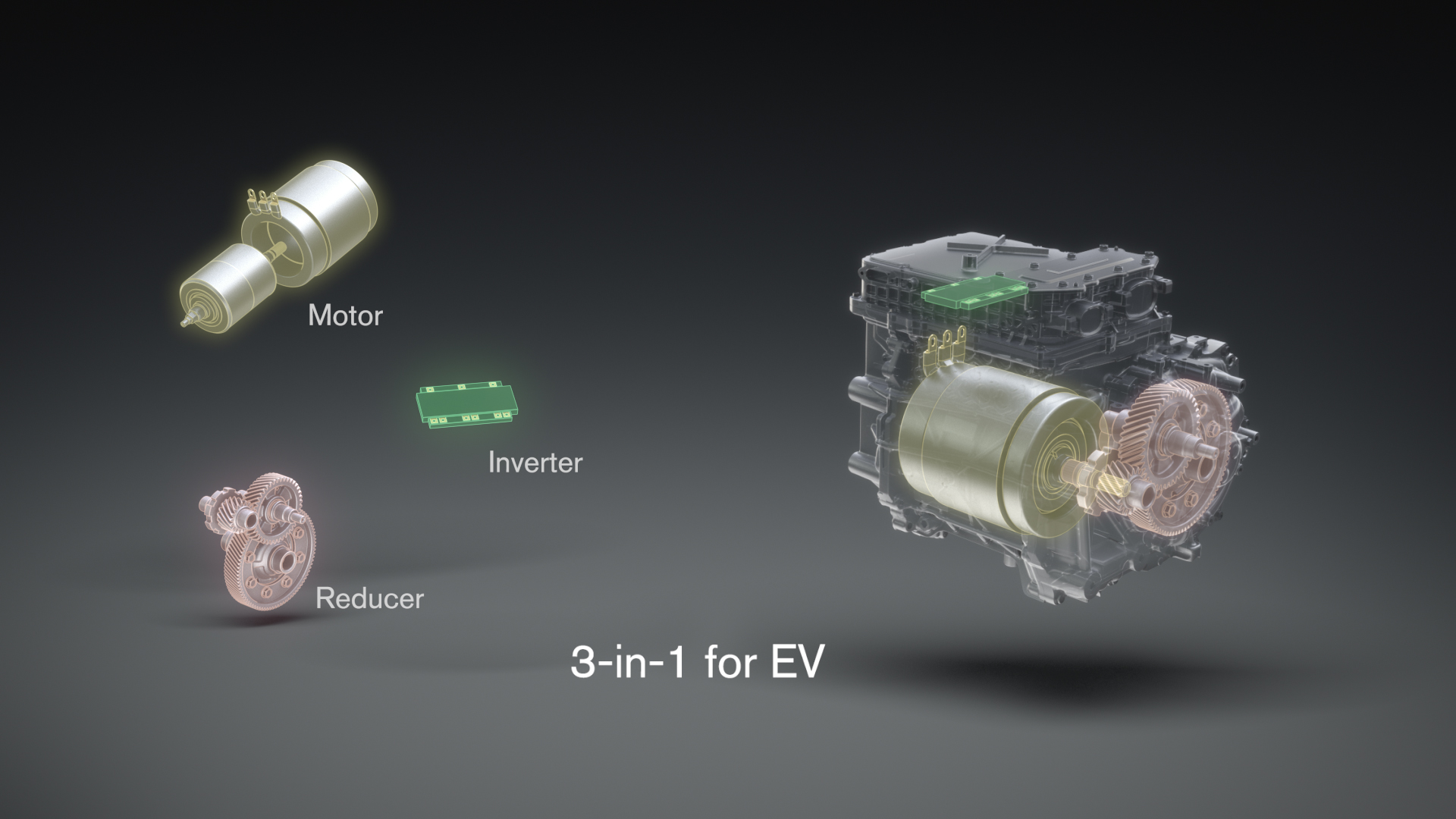
This includes both Nissan and Infiniti vehicles globally.
The boost in its forecasts is largely focused on Europe, with 98 per cent of its sales to be electrified vehicles by 2026 – up from a previous 75 per cent target.
It follows the European Union’s recent agreement to ban the sale of internal-combustion vehicles by 2035, while stricter Euro 7 emissions standards will be enforced from July 1, 2025.
Currently, Nissan offers two electric vehicles for the global market: the long-running Leaf hatchback and the newer Ariya crossover. It recently introduced E-Power hybrid versions of the latest-generation X-Trail and Qashqai SUVs.
We recommend
-
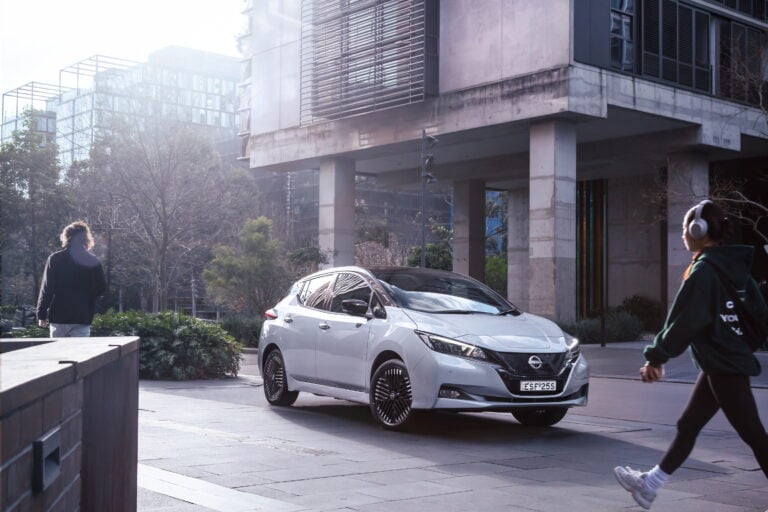 News
NewsNissan to use old Leaf batteries to power production of EV components in Australia
The move will be an industry first
-
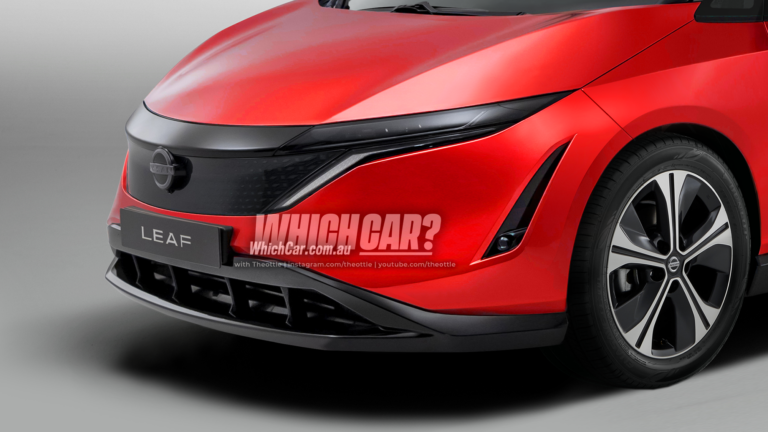 News
News2025 Nissan Leaf replacement to be ‘mini-Ariya’ small SUV
It probably won't look like the hatch we've presented in this story, but at least we know a new Leaf is coming
-
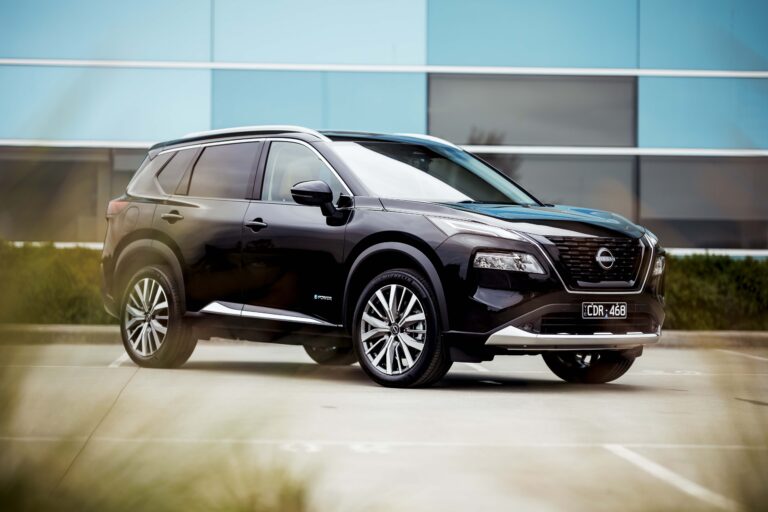 COTY
COTY2023 Nissan X-Trail review: Wheels Car of the Year finalist
? The new generation of Nissan’s iconic mid-size SUV nabbed a COTY podium. Here’s how.


